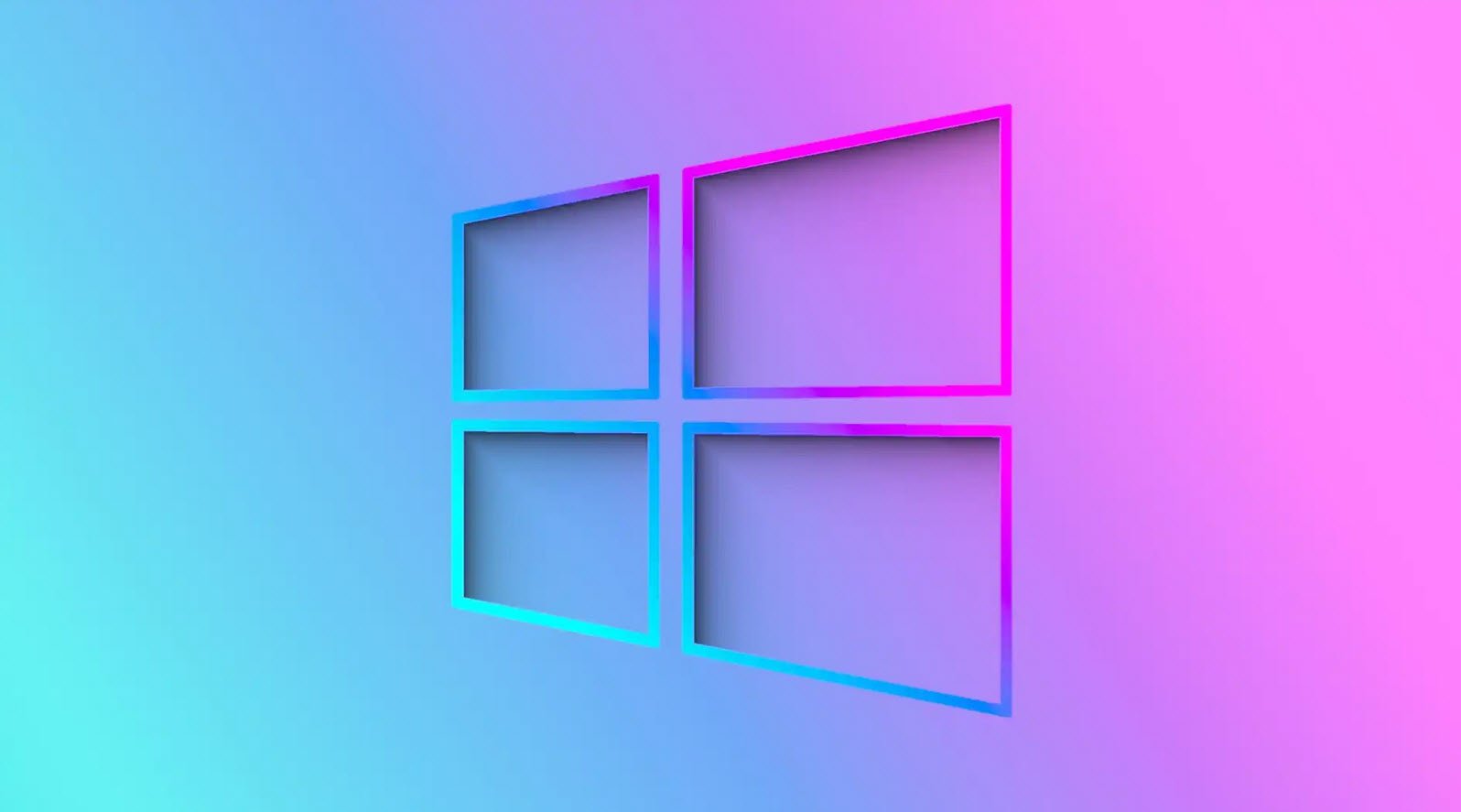
Python, a versatile and powerful programming language, offers a vast ecosystem of libraries and frameworks that enhance its capabilities across various domains.
In this article, we will explore some popular Python libraries and frameworks in different areas, including machine learning, web development, automation testing, image processing, web scraping, and game development.
Machine Learning
| 1. |
Keras |
Keras is a high-level neural networks API that provides a user-friendly interface to build and train deep learning models. It supports both convolutional and recurrent networks and is widely used for tasks like image recognition, natural language processing, and more. |
| 2. |
Theano |
Theano is a numerical computation library that enables efficient mathematical operations on multi-dimensional arrays. It is often used as a backend for machine learning libraries and frameworks like Keras, allowing for faster execution on CPUs and GPUs. |
| 3. |
Pandas |
Pandas is a powerful data manipulation and analysis library. It provides data structures like DataFrames that make it easy to handle and analyze structured data. Pandas is extensively used for data preprocessing, cleaning, and transformation tasks in machine learning pipelines. |
| 4. |
PyTorch |
PyTorch is a popular open-source deep learning framework that offers dynamic computational graphs and a strong GPU acceleration capability. It has gained immense popularity due to its flexibility, ease of use, and extensive community support. |
| 5. |
TensorFlow |
TensorFlow is an open-source machine learning framework that provides a comprehensive ecosystem of tools and libraries for building and deploying machine learning models. It supports both deep learning and traditional machine learning algorithms, making it a popular choice in the industry. |
| 6. |
Scikit-learn |
Scikit-learn is a versatile machine learning library that provides a wide range of algorithms and utilities for classification, regression, clustering, and dimensionality reduction. It is known for its user-friendly API and extensive documentation, making it an excellent choice for beginners. |
| 7. |
Matplotlib |
Matplotlib is a plotting library that enables the creation of high-quality visualizations in Python. It provides a wide range of plotting functions and customization options, making it suitable for data exploration and presentation. |
| 8. |
SciPy |
SciPy is a library that extends the functionality of NumPy, providing additional numerical and scientific computing capabilities. It offers modules for optimization, interpolation, signal processing, linear algebra, and more, making it a valuable resource for scientific research and engineering applications. |
Web Development
| 1. |
Django |
Django is a high-level web framework that follows the model-view-controller (MVC) architectural pattern. It provides a robust set of tools and features for building web applications efficiently, including an ORM (Object-Relational Mapper), authentication system, and template engine. |
| 2. |
Flask |
Flask is a lightweight web framework that emphasizes simplicity and extensibility. It provides the basic tools needed to build a web application and leaves room for customization and integration with other libraries. Flask is a popular choice for small to medium-sized projects. |
| 3. |
Bottle |
Bottle is a minimalist web framework that is known for its simplicity and ease of use. It has a small footprint and requires minimal dependencies, making it suitable for small projects and APIs. |
| 4. |
TurboGears |
TurboGears is a full-stack web framework that combines multiple libraries and tools to provide a comprehensive development experience. It follows the MVC pattern and integrates technologies like SQLAlchemy for database interaction and Genshi for templating. |
| 5. |
CherryPy |
CherryPy is a minimalist web framework that focuses on being fast, stable, and easy to learn. It provides a modular architecture and supports various deployment options, making it suitable for different types of web applications. |
| 6. |
Pyramid |
Pyramid is a flexible web framework that aims to balance simplicity, power, and flexibility. It follows a minimalist approach while providing a solid foundation for building both small and large-scale applications. |
| 7. |
Web2Py |
Web2Py is a full-stack web framework that offers a simple syntax and a comprehensive set of tools for web development. It includes features like an ORM, an admin interface, and automatic form generation, making it suitable for rapid development. |
| 8. |
Falcon |
Falcon is a high-performance web framework that is specifically designed for building RESTful APIs. It focuses on efficiency and speed, making it an excellent choice for projects that require high-performance API endpoints. |
Automation Testing
| 1. |
Splinter |
Splinter is a Python library that provides a high-level API for browser automation. It allows you to automate browser actions, interact with web pages, and perform end-to-end testing of web applications. |
| 2. |
Robot |
Robot Framework is an open-source test automation framework that provides a simple, keyword-driven syntax for writing test cases. It supports various libraries and tools for different testing needs, making it highly flexible and extensible. |
| 3. |
Behave |
Behave is a behavior-driven development (BDD) framework for Python that allows you to write tests in a human-readable format. It follows the Gherkin syntax and integrates with popular testing libraries like Selenium and Pytest. |
| 4. |
PyUnit |
PyUnit, also known as the unittest framework, is a built-in Python module that provides a framework for writing and running unit tests. It offers a set of assertion methods and test runners for executing test cases. |
| 5. |
Pytest |
Pytest is a popular testing framework that simplifies the process of writing and executing tests. It provides a concise and expressive syntax and offers powerful features like test discovery, fixtures, and plugins. |
Image Processing
| 1. |
OpenCV |
OpenCV is a widely used open-source computer vision library that offers a vast collection of algorithms and tools for image and video processing. It provides support for tasks like object detection, image recognition, and video analysis. |
| 2. |
Mahotas |
Mahotas is a computer vision and image processing library that focuses on speed and efficiency. It offers a wide range of algorithms for tasks like filtering, feature extraction, and segmentation. |
Web Scraping:
| 1. |
Requests |
Requests is a simple and elegant HTTP library for Python that makes it easy to send HTTP requests and handle responses. It is commonly used for web scraping to retrieve web page content and interact with web APIs. |
| 2. |
Beautiful Soup |
Beautiful Soup is a Python library that provides tools for web scraping and parsing HTML and XML documents. It simplifies the process of extracting data from web pages and offers powerful features for navigating and manipulating the document structure. |
Game Development
| 1. |
Pygame |
Pygame is a set of Python modules that enables the development of 2D games. It provides functions for graphics, sound, and input handling, making it a popular choice for beginners and hobbyist game developers. |
| 2. |
Pyglet |
Pyglet is a cross-platform multimedia library for Python that provides support for creating games and interactive applications. It offers efficient handling of graphics, audio, and user input, making it suitable for both 2D and 3D game development. |
| 3. |
PyOpenGI |
PyOpenGI is a Python wrapper for the OpenGI 3D graphics API. It allows developers to create real-time interactive 3D graphics applications, including games, simulations, and visualizations. |
| 4. |
Arcade |
Arcade is a simple and easy-to-learn Python library for creating 2D games. It provides a modern framework for game development and includes features like sprite rendering, physics simulation, and user input handling. |
| 5. |
Panda3D |
Panda3D is a powerful 3D game engine that is widely used for the development of high-quality games and simulations. It offers a comprehensive set of features, including rendering, animation, physics simulation, and networking. |
Conclusion
Python’s extensive collection of libraries and frameworks makes it a versatile language for various domains, including machine learning, web development, automation testing, image processing, web scraping, and game development.
The libraries and frameworks mentioned in this article provide powerful tools and features that streamline development tasks and enhance productivity. Whether you’re a beginner or an experienced developer, exploring and leveraging these libraries can significantly accelerate your development process and enable you to build robust and innovative applications.
You may also like:









